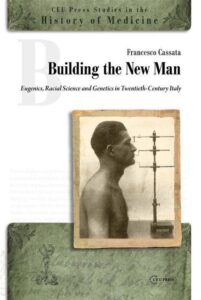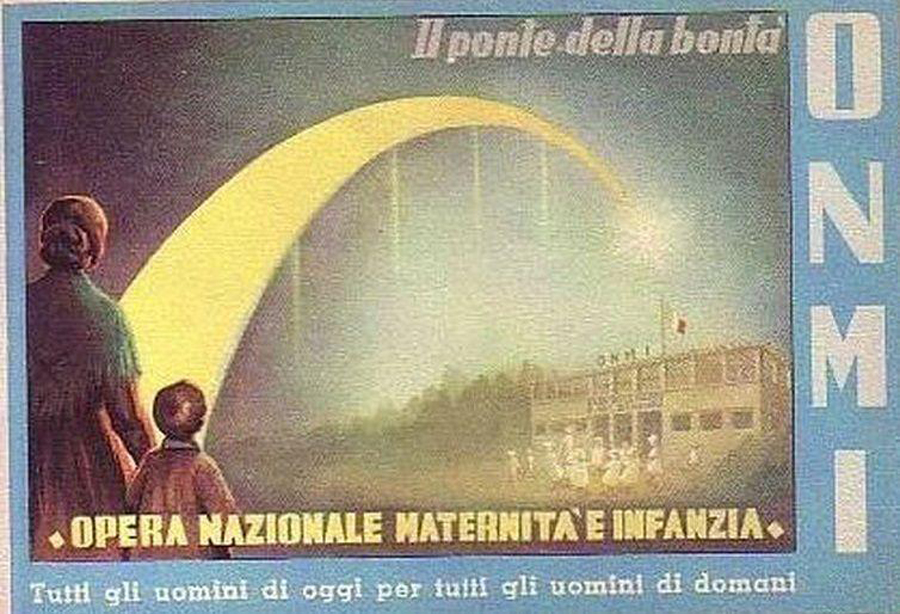Francesco Cassata, Building a New Man: Eugenics, Racial Sciences and Genetics in Twentieth Century Italy, CEU Press Studies in the History of Medicine, 2011
 Analyzes the Italian case study with the intention of discussing several fundamental themes of the comparative history of eugenics: the importance of the Latin eugenic model; the relationship between eugenics and fascism; the influence of Catholicism on the eugenic discourse and the complex links between genetics and eugenics. Follows its theme up to the mid-1970s. The first part of the book analyses the process of the institutionalization of Italian eugenics: its scientific and cultural origins; the impact of the First World War and the debate after the war on the themes of birth control, premarital certification and sterilization.
Analyzes the Italian case study with the intention of discussing several fundamental themes of the comparative history of eugenics: the importance of the Latin eugenic model; the relationship between eugenics and fascism; the influence of Catholicism on the eugenic discourse and the complex links between genetics and eugenics. Follows its theme up to the mid-1970s. The first part of the book analyses the process of the institutionalization of Italian eugenics: its scientific and cultural origins; the impact of the First World War and the debate after the war on the themes of birth control, premarital certification and sterilization.
The second part examines the relationship between eugenics and fascism, particularly highlighting two aspects: in first place, the development by the Italian fascists of an alternative model of eugenics (Latin eugenics) that aimed to compete, on an international level, with the Nordic model; in second place, the interaction between different forms of eugenics and different currents of fascist racism (biological, nationalistic, esoteric-traditional).
The third part explores Italian eugenics after the Second World War.









